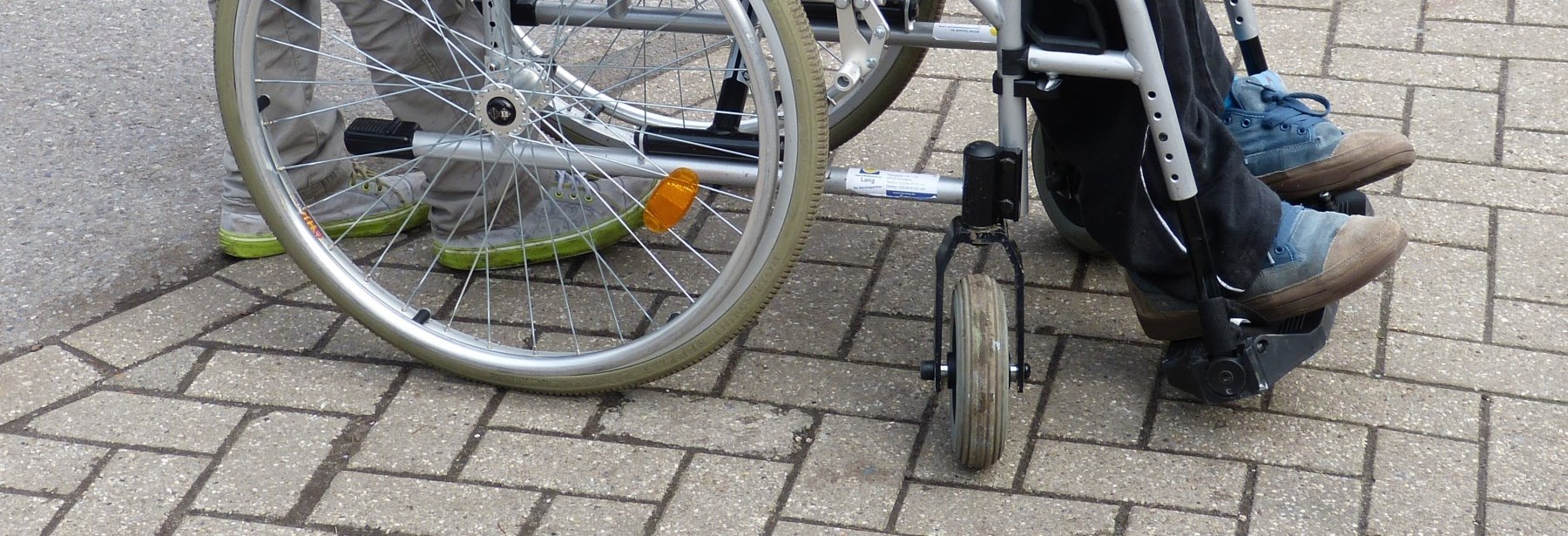Fire and Life Safety for People with a Disability
If you have a disability, whether permanent or temporary, it is important to think about how you may need to respond during a fire or life safety emergency.
Talk with members of your family, neighbours or building superintendent and create an emergency plan that reflects your individual needs and abilities.
Smoke and carbon monoxide alarms
- People who are deaf or hard-of-hearing may not be able to rely on the sound of a regular smoke alarm to warn them of a fire.
- There are specialty alarm devices such as alarms with strobe (flashing) lights and bed shakers that can suit your individual needs and keep you safe at home
- Smoke alarms with non-replaceable (long-life) batteries are designed to remain effective for up to 10 years. They can be helpful for people who have difficulty changing batteries
- It is important to know that your smoke alarm will work in the event of a fire emergency. Test smoke alarms monthly. Some smoke alarms are equipped with large, easy to push test buttons. Some alarms can even be tested using a flashlight or television remote and are particularly helpful for people with mobility challenges, people who are blind or have difficulty seeing
Escape planning
- Have a personal escape plan that is customized to meet your needs. Talk about it with everyone at home
- Be sure that the escape plan includes roles for everyone in the household
- If you or someone you live with cannot escape alone, designate a member of the household to assist them (have a back-up plan in case the designated helper is away at the time of the emergency)
- Conduct regular fire drills to determine if everyone is able to hear and respond to smoke alarms. If someone requires additional warning or uses any special assistance or devices, identify these as part of your plan.
- Keep in mind, fire and life safety is everyone's responsibility. When it comes to understanding your needs, you are the expert. Be sure to communicate any special assistance you might require to caregivers, firefighters or other first responders at the time you make your plan.
- Make escape easy. Consider locating your bedroom on the ground floor near an exit, making escape easier. Make sure that smoke alarms are on every level of your home and outside of sleeping areas and carbon monoxide, alarms are installed near any sleeping area. Have a phone or telecommunications device installed where you sleep and post-emergency telephone numbers in a central location and in your wallet








